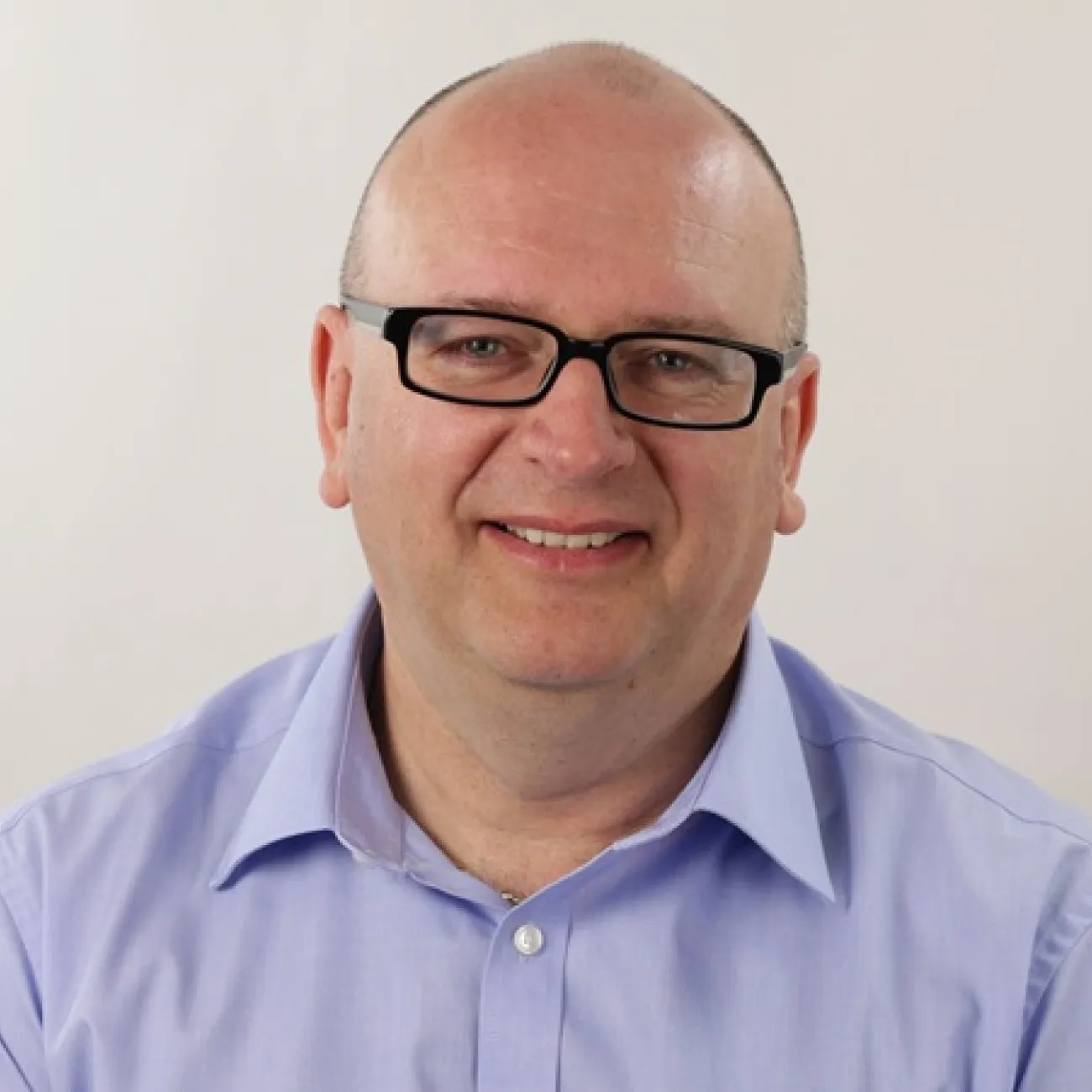About
Neil White is Professor of Intelligent Sensor Systems and is a Director of the ECS Centre for Healthcare.
You can update this in Pure (opens in a new tab). Select ‘Edit profile’. Under the heading and then ‘Curriculum and research description’, select ‘Add profile information’. In the dropdown menu, select - ‘About’.
Write about yourself in the third person. Aim for 100 to 150 words covering the main points about who you are and what you currently do. Clear, simple language is best. You can include specialist or technical terms.
You’ll be able to add details about your research, publications, career and academic history to other sections of your staff profile.
Research
Research interests
- Medical sensors
- Intelligent sensor systemS
- Energy harvesting
Current research
Professor White is Principal Investigator on a NIHR i4i project, which is aiming to develop a new type of low-cost, wearable respiration sensor. He works closely with clinicians at the University Hospital Southampton.
You can update the information for this section in Pure (opens in a new tab).
Research groups
Any research groups you belong to will automatically appear on your profile. Speak to your line manager if these are incorrect. Please do not raise a ticket in Ask HR.
Research interests
Add up to 5 research interests. The first 3 will appear in your staff profile next to your name. The full list will appear on your research page. Keep these brief and focus on the keywords people may use when searching for your work. Use a different line for each one.
In Pure (opens in a new tab), select ‘Edit profile’. Under the heading 'Curriculum and research description', select 'Add profile information'. In the dropdown menu, select 'Research interests: use separate lines'.
Current research
Update this in Pure (opens in a new tab). Select ‘Edit profile’ and then ‘Curriculum and research description - Current research’.
Describe your current research in 100 to 200 words. Write in the third person. Include broad key terms to help people discover your work, for example, “sustainability” or “fashion textiles”.
Research projects
Research Council funded projects will automatically appear here. The active project name is taken from the finance system.
Publications
Pagination
Public outputs that list you as an author will appear here, once they’re validated by the ePrints Team. If you’re missing any outputs that you’ve added to Pure, they may be waiting for validation.
Supervision
Current PhD Students
Contact your Faculty Operating Service team to update PhD students you supervise and any you’ve previously supervised. Making this information available will help potential PhD applicants to find you.
Teaching
Professor White teaches Electronic Circuits, Micro ElectroMechanical Systms (MEMS) and runs several design projects in Part II of the Electronics/Electrical and Electronics degree programmes. He regularly supervises Group Design Projects, Part III Individual Projects and MSc projects.
You can update your teaching description in Pure (opens in a new tab). Select ‘Edit profile’. Under the heading and then ‘Curriculum and research description’ , select ‘Add profile information’. In the dropdown menu, select – ‘Teaching Interests’. Describe your teaching interests and your current responsibilities. Aim for 200 words maximum.
Courses and modules
Contact the Curriculum and Quality Assurance (CQA) team for your faculty to update this section.
External roles and responsibilities
These are the public-facing activities you’d like people to know about.
This section will only display on your public profile if you’ve added content.
You can update your external roles and responsibilities in Pure (opens in a new tab). Select ‘+ Add content’ and then ‘Activity’, your ‘Personal’ tab and then ‘Activities’. Choose which activities you want to show on your public profile.
You can hide activities from your public profile. Set the visibility as 'Backend' to only show this information within Pure, or 'Confidential' to make it visible only to you.
Biography
Professor Neil White was Head of Electronics and Computer Science from 2011 to 2015. He obtained a PhD from the University of Southampton in 1988 for a thesis describing the piezoresistive effect in thick-film resistors. A paper based on this work was awarded the 1989 Educational Prize from the International Society for Hybrid Microelectronics (ISHM). Neil was appointed as a Lecturer within the School in 1990 and promoted to Senior Lecturer in 1999, Reader in 2000 and was awarded a personal Chair in 2002. He is co-author of the book Intelligent Sensor Systems, which was first published by the Institute of Physics Publishing in 1994. He is also co-author of the book MEMS: Mechanical Sensors, published by Artech House. He is a Chartered Engineer, Fellow of the IET, Senior Member of the IEEE, Fellow of the IoP and a Chartered Physicist. He is a former Director and co-founder of the University spin-out company Perpetuum Ltd., which specialises in vibration energy harvesting. He was the recipient of the 2009 Callendar silver Medal, awarded by the Institute of Measurement and Control for his 'outstanding contribution to the art of instruments or measurement'.
Prizes
- Callender Silver medal (2009)
- Callender Silver medal (2009)
You can update your biography section in Pure (opens in a new tab). Select your ‘Personal’ tab then ‘Edit profile’. Under the heading, and ‘Curriculum and research description’, select ‘Add profile information’. In the dropdown menu, select - ‘Biography’. Aim for no more than 400 words.
This section will only appear if you enter the information into Pure (opens in a new tab).
Prizes
You can update this section in Pure (opens in a new tab). Select ‘+Add content’ and then ‘Prize’. using the ‘Prizes’ section.
You can choose to hide prizes from your public profile. Set the visibility as ‘Backend’ to only show this information within Pure, or ‘Confidential’ to make it visible only to you.
